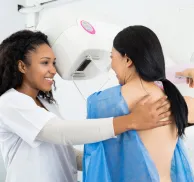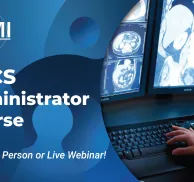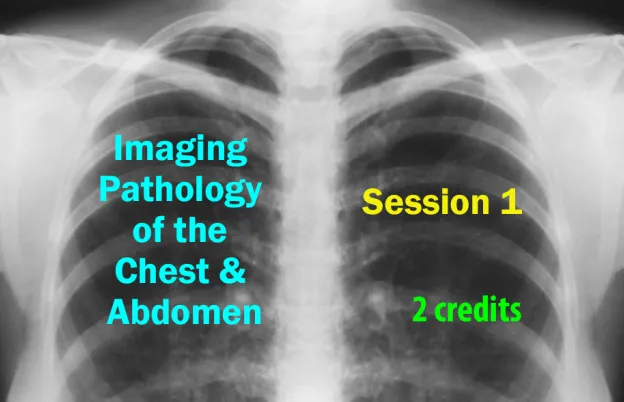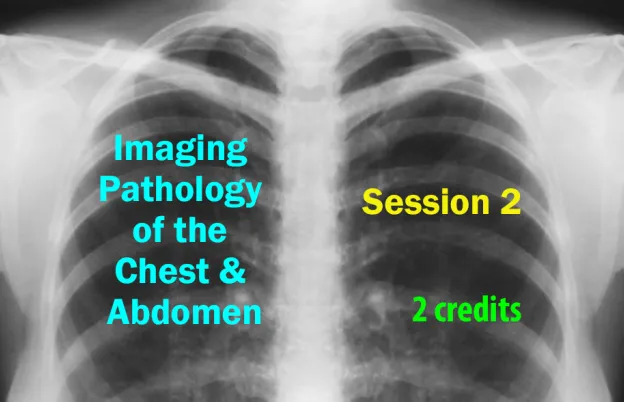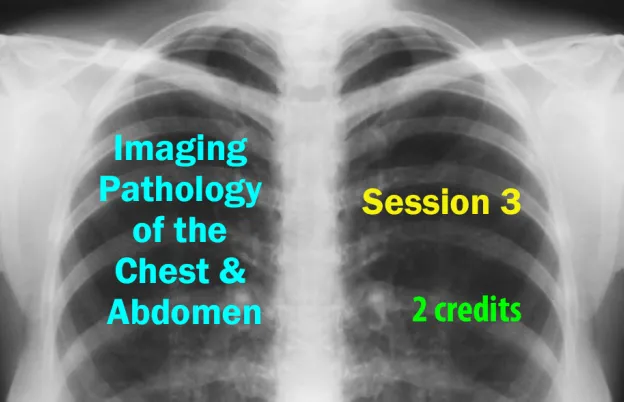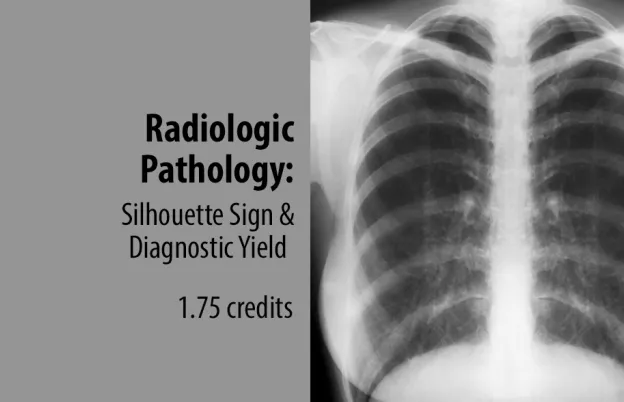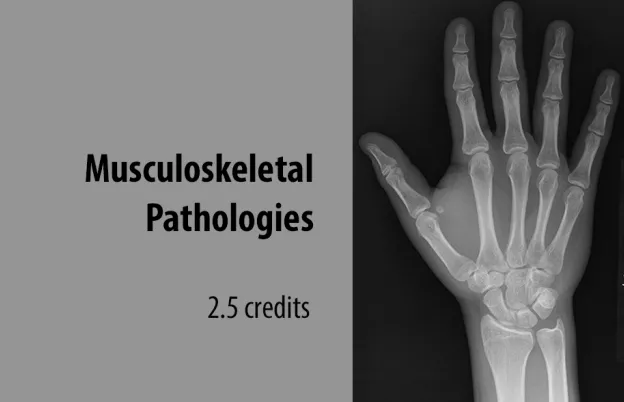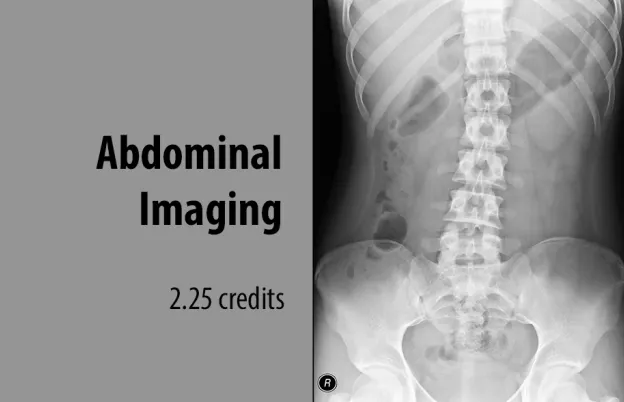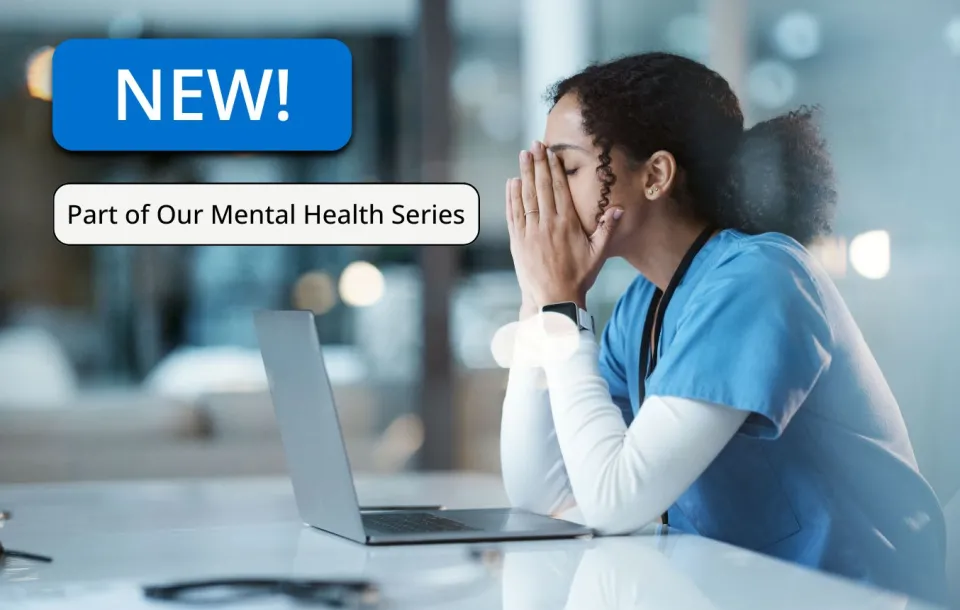
More Than Stress – Recognizing and Supporting Anxiety
Credits
- 2 ASRT Category A
About this Program
Explore the key aspects of anxiety, including what it is, how it feels, and how it differs from stress. Participants will learn about the common causes of anxiety—such as trauma, PTSD, genetics, and brain chemistry—and examine the roles of the hypothalamus and adrenal glands in the body’s response.
You will also learn to address specific types of anxiety, including situational anxiety, phobias, and generalized anxiety disorder. Differences between acute and chronic anxiety are explained, along with what happens in the body and mind when anxiety is left untreated.
Treatment options will be reviewed, ranging from medication and psychotherapy to alternative practices like meditation, acupuncture, and CBD. Attendees will also discuss the effects of stigma, the importance of trauma-informed care, and practical ways to help reduce anxiety in patients during treatment.
Agenda:
- What is anxiety?
- What does anxiety feel like?
- What’s the difference between anxiety and stress?
- Why do people have anxiety?
- Childhood trauma
- PTSD
- Genetics
- Brain chemical imbalances
- The hypothalamus’s role
- The adrenal glands’ role
- Do healthcare workers experience more anxiety than others?
- What's the difference between acute and chronic anxiety?
- Situational Anxiety
- Phobias
- Chronic Anxiety—Generalized Anxiety Disorder
- What happens when a person experiences acute anxiety?
- What happens when a person experiences chronic anxiety?
- Why is chronic anxiety considered harmful?
- What is a panic attack?
- What are the efficacies of treatments for anxiety
- Serotonin Reuptake Inhibitors
- Dopamine Reuptake Inhibitors
- Psychedelics
- CBD
- Alcohol
- Eastern Medicinal Practices
- Acupuncture
- Supplements
- Meditation
- Yoga
- Psychotherapy
- Cognitive behavioral therapy
- Exposure therapy
- Insight-oriented therapy
- What happens when anxiety is left untreated?
- Secondary Mental Health Diagnoses
- Depression
- ADHD
- Eating disorders
- OCD
- Substance use disorders
- Suicide
- Health issues
- Cardiac
- Dementia
- Decreased Longevity
- Vision
- Secondary Mental Health Diagnoses
How it Works:
- Once you log into the MTMI website, the On-Demand CE activity that you purchased will be located in your “My Account” section.
- You have three attempts to pass each quiz.
- You must earn a score of 75% or higher.
- Credit is recorded the day you submit and pass the quiz, and is determined using Central time.
- You have 30 days to complete and pass the quiz.
- Once passed, access your MTMI “My Account” to print your “Certificate of Completion.”
- This video expires 1 year after the purchase date.
Educational Objectives
At the conclusion of this on demand, attendees should be able to:
- Differentiate between stress and anxiety
- Differentiate between acute and chronic anxiety
- Discuss the various types of treatments for anxiety and their efficacy
- Discuss the ramifications of untreated anxiety
- Describe the ramifications of labeling
- Discuss the role of trauma-informed care
- Articulate an understanding of tactics useful for reducing anxiety for patients during treatment
Program Faculty
Meet your presenter(s)

Brenda Rinehart
PhD
Dr. Brenda Rinehart earned her doctoral degree in Industrial and Organizational (workplace) psychology from Capella University. She holds an MBA from Southern Nazarene University, and undergraduate degrees in Human Resource Management, and Radiology. Dr. Rinehart is a consultant, professor, curriculum designer, national speaker, and author of many peer-reviewed journal articles. She spent sixteen years of her career in healthcare administration and sixteen years in front-line clinical care. She earned her Fellows through AHRA in 2012. She earned certifications in radiology administration, CT, mammography, radiography, LEAN, and specific psychological assessments. Dr. Rinehart lives with her husband in the mid-west and is a proud mom to nine children and many grandchildren.
Credits
Accredited training programs
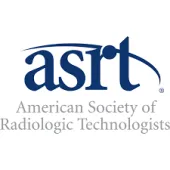
ASRT Category A
This program provides 2 hour(s) of Category A continuing education credit for radiologic technologists approved by ASRT and recognized by the ARRT® and various licensure states. Category A credit is also recognized for CE credit in Canada. You must attend the entire program to receive your certificate of completion.
